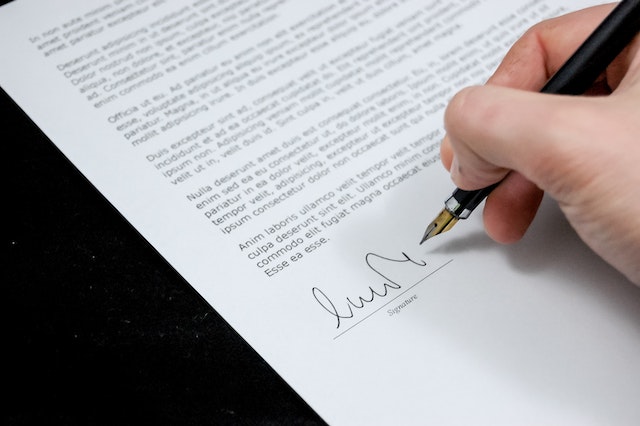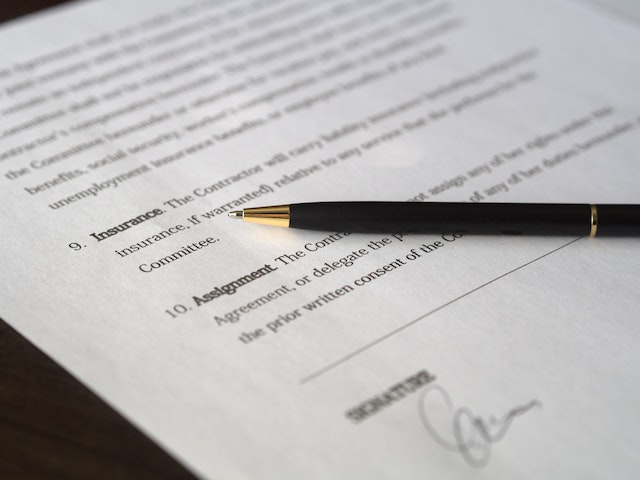
As a landlord, you should ensure that your rental property is always in good condition. This goes beyond keeping your property clean and well-maintained.
In addition to property upkeep, you must ensure that your rental complies with local and federal safety standards, such as building and health codes.
Ensuring your rental meets safety standards can help you preserve the value of your property, which can, in turn, help you attract long-term tenants.
On the contrary, failing to meet these standards can have serious consequences, such as early lease termination, hefty fines, and even legal disputes.
To help you prevent this, we have written this guide. Keep reading to learn how you can ensure your rental meets safety standards more easily!
The Benefits of Ensuring Your Rental Meets Safety Standards
Ensuring that your rental property meets safety standards is crucial. It’ll help you avoid disputes and fines. Additionally, it’ll come with the following benefits:
Legal Compliance
As a landlord, you’re legally obligated to ensure your properties meet basic safety standards. Failure to comply can result in hefty fines, legal disputes, and in severe cases, criminal charges.
By ensuring your property complies with local regulations, you’ll avoid legal complications and financial penalties.

Tenant Satisfaction
As a rental property owner, one of your primary concerns should be the well-being of your tenants. Unsafe and unsanitary living conditions can lead to accidents, injuries, or major health problems.
Luckily, you can keep tenants protected from potential hazards by complying with your local safety codes.
Higher Tenant Retention Rates
Tenants are more likely to stay longer in properties where they feel safe and valued. Ensuring your property’s compliance with safety codes can reduce tenant turnover rates significantly.
Improved Reputation
Landlords who fail to maintain their properties in safe and habitable conditions are more likely to develop a negative reputation. This can lead to higher turnover rates and increased management costs landlords may not notice.
On the other hand, complying with safety standards can improve your reputation as a landlord, making it easier to find and retain tenants.
How to Ensure Your Rental Meets Safety Standards
As a landlord, ensuring that your rental property meets essential safety standards should be your top priority. After all, this is one of your legal responsibilities.
To help you out, we’ve compiled a list of tips to help you ensure compliance with safety codes more effectively. Let’s dive in!
Legal Compliance
Local and federal safety laws outline the minimum standards rental properties should comply with. They often cover aspects such as structural integrity, sanitation, cleanliness, and essential services such as water, electricity, and heating.

The first step to determining whether your rental property complies with safety standards is to familiarize yourself with your local regulations. Building and safety codes can vary widely depending from state to state.
By researching your local landlord-tenant laws, it’ll be easier to determine whether your property is in safe and habitable conditions.
Regular Inspections and Maintenance
Regular maintenance is crucial for keeping a rental property in good condition. By keeping the property clean, ensuring all essential systems work correctly, landscaping, and maintaining all appliances, you’ll greatly reduce the risk of emergency repairs.
This can go a long way in keeping your property safe and habitable for tenants.
Plus, conducting regular property inspections can help you spot issues before escalation. By frequently inspecting the property’s electrical systems, plumbing, heating, ventilation setup, and structural integrity, you’ll ensure compliance with local and federal housing codes.
Fire Safety Measures
Fires can be incredibly damaging to your property and your tenant’s well-being. As a landlord, you’re responsible for ensuring that your rental is protected from fire hazards. To do so, you should:
- Keep fire extinguishers in accessible areas such as the kitchen and garage.
- Store any flammable materials safely, away from heat sources and electrical outlets.
- Regularly maintain appliances and heating systems to prevent malfunctions.
- Instruct tenants to avoid overloading electrical outlets.
- Replace any damaged cords or outlets promptly.
- Set a fire escape plan and ensure tenants know how to act in case of an emergency.
- Regularly inspect and clean chimneys and vents to prevent blockages.

Health Standards
As a landlord, it’s your responsibility to provide tenants with safe and sanitary living conditions. This includes ensuring that there are no health hazards on the property, such as pests, mold growth, lead paint, or asbestos.
Before renting out your property, you should conduct a thorough property inspection to rule out the presence of these issues in your home.
If your property has pests, mold growth, or asbestos, contact a professional to help you get rid of the problem safely and effectively before tenants move in.
Building Codes
Ensuring that your rental property is structurally sound is crucial for complying with local and federal building codes.
Failing to do so can lead to safety hazards, such as collapsing roofs or walls. To avoid this, you should regularly inspect the property, paying close attention to the foundation, walls, roof, and support beams.
Keep an eye out for cracks, water damage, or signs of deterioration, and address any repairs promptly to prevent minor issues from escalating further.
Documentation and Certifications
To avoid misunderstandings, you must keep detailed records of all inspections, repairs, and maintenance activities.
This documentation can be crucial in case of legal disputes or emergencies. In some jurisdictions, landlords are required to obtain safety certifications to rent out their properties.
By complying with these requirements and obtaining the necessary certifications, you’ll keep your investment protected from liabilities.
Bottom Line
Ensuring that your rental property complies with safety standards is a never-ending process that is crucial for the success of your investment.
By conducting regular inspections, adhering to health and building codes, maintaining your property, and keeping detailed documentation, you’ll maintain a safe living environment for tenants more easily.
If you need help keeping your Tennessee rental in safe and sanitary conditions, contact Brentwood Square Management Services, Inc!
